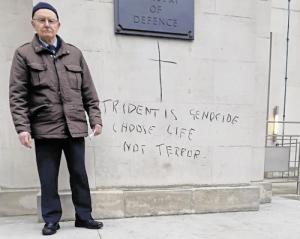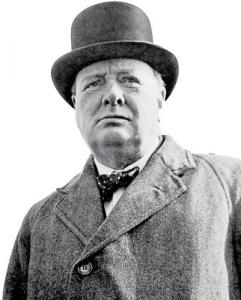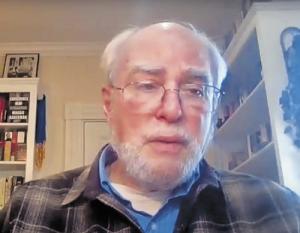Two peace activists serving prison sentences in Koblenz, western Germany are allowed to leave the prison for an hour a day. On 6 August, Susan Crane (79) from the US and Susan van de Hijden (54) of the Netherlands spent half of their hour outside the local train station with a poster saying: ‘Hiroshima warns: abolish nuclear weapons now in the East and the West’.
The two Susans are in prison for refusing to pay fines resulting from protests at Büchel air base in Germany, which houses…








